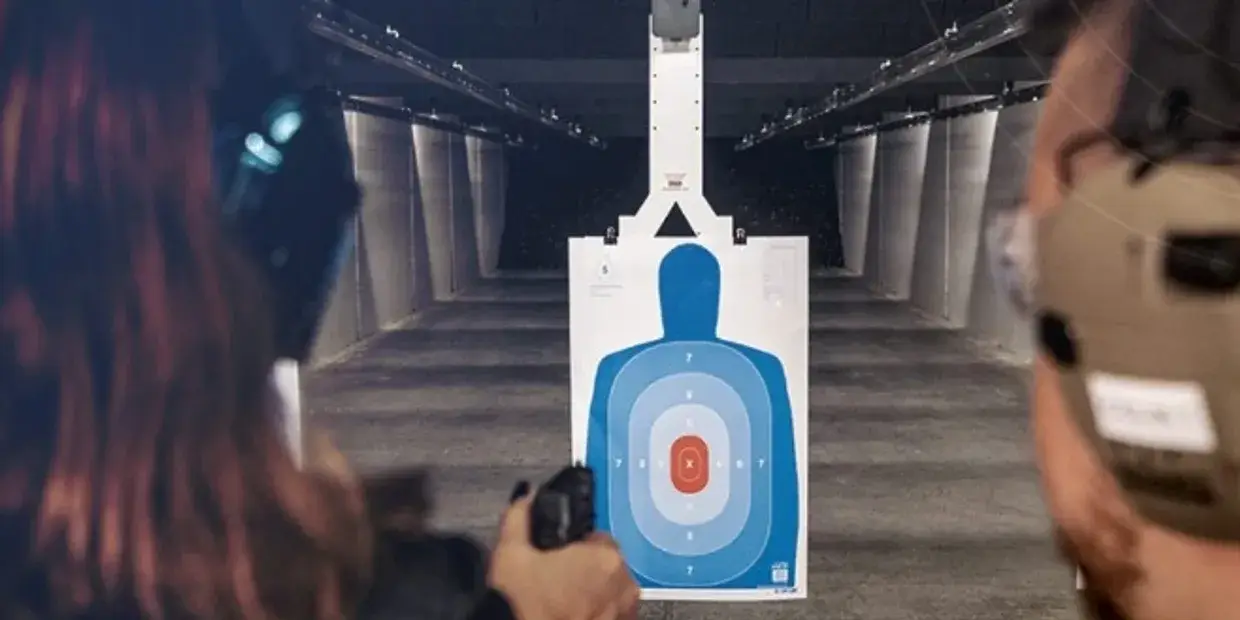

“I am not in the right place–I am not a painter,” exclaimed a desperate Michaelangelo, writing to a dear friend in 1509, about his assignment to paint what would become infinitely renown as the Sistine Chapel. Famously accomplished as a sculptor, painting in fresco was not Michaelangelo’s passion or area of expertise. He feared failure and irreparable damage to his reputation working in an unfamiliar medium.
How many times have we thought, or said aloud, “I am not in the right place?”
Perhaps, in certain situations we have felt something similar, thrust into a situation for which we were unprepared or unwilling, observing an important task that needed to get done but thinking, “that’s not my job.”
I wonder if there is a connection to our potential involvement in a critical incident. Not long ago, I listened to a conversation on the topic of recent active shooter incident in a school where a teacher was killed while using his body to shield several children from the attacker’s bullets. While unanimous in hailing the fallen teacher a hero, the commentary invariably led to a single question, “where were the cops?” and if they were doing their job, perhaps the teacher’s life would have been spared. The conversation continued, that in the absence of the police, what should be done? “I am not the police.” “I am not trained to deal with this.” “This is not my responsibility.” “I’m supposed to run away from gunfire not toward the bullets.” Although I didn’t hear anybody say it, all I could hear echoing in my mind was, “I am not in the right place-I am not a painter.”
Asking about police response times, plans of action, life saving measures, are all open for discussion. However, when considering the dynamics of a dedicated active shooter as a parent, teacher, or house of faith parishioner, perhaps our efforts might be more economically invested in considering several things we’ve learned over the nearly 24 years since the tragic school shooting at Columbine High School:
· It is not matter of IF but WHEN.
· Nearly all the shooting will end before police arrive on scene.
· Most active shooting incidents occur in schools, houses of faith, and large public gatherings.
· Nearly all active shooting incidents end (self-inflict/surrender) at the first sign or act of resistance directed toward the shooter (police or civilians).
An old friend and mentor once told me, after I was assigned to a position in my organization, one to which I felt I did not deserve, “It isn’t about what you deserve. It is what is required.”
There will come a time when we are thrust into a situation, even a critical incident, where we feel undeserving, unprepared, or unwilling. How will we respond? Some have first-hand experience and have proven how (WHY) they will respond. The rest are left to wonder what they would do. Our mindset as parents, teachers, parishioners, community members MUST shift from fear, uncertainty, and self-preservation to a mindset of purposeful intent, preparation, selflessness, and love.
Eradicating all uncertainty is unrealistic. Eliminating all risk of injury and death is impossible. However, in a game of odds, we can stack a greater proportion of the odds in our favor with the correct mindset, resources, and preparation. True heroes are ordinary people who do extraordinary things, under extraordinary circumstances. Decide today what you will do and WHY. Rather than another insufferable tragedy, perhaps the result will be a triumphant masterpiece.
Recent Posts
Scottsdale, Arizona 85258, United States
Copyright 2024 Professional Defense Advisors | Terms + Conditions | Website by Flygon LC